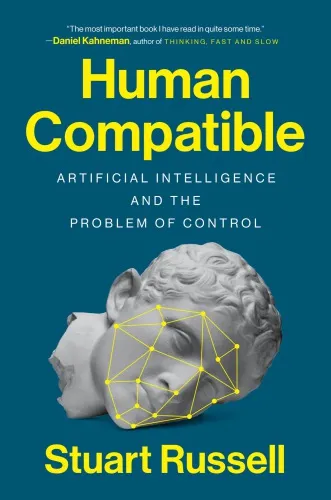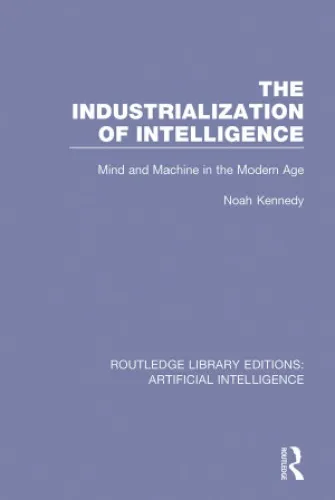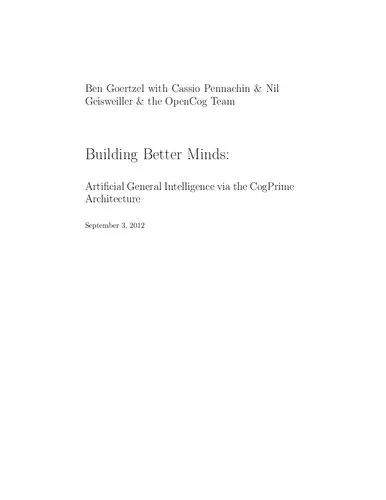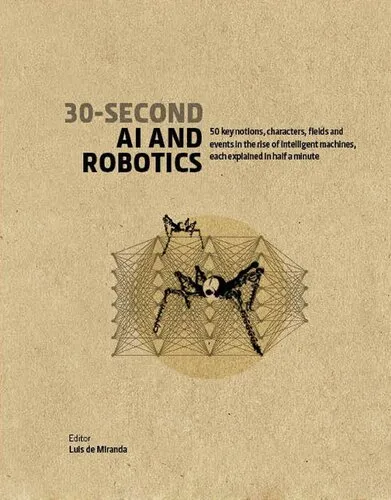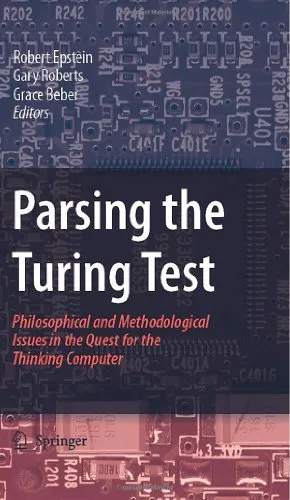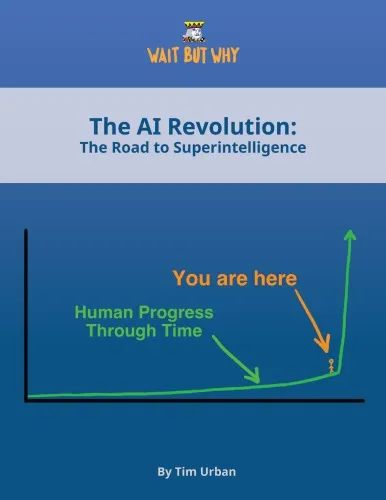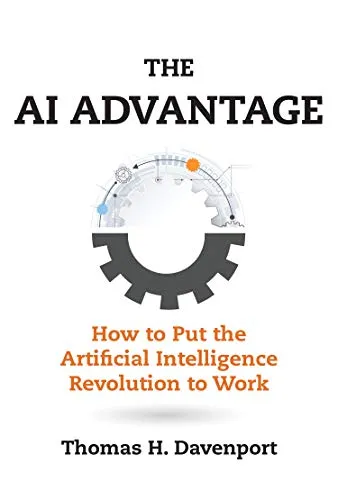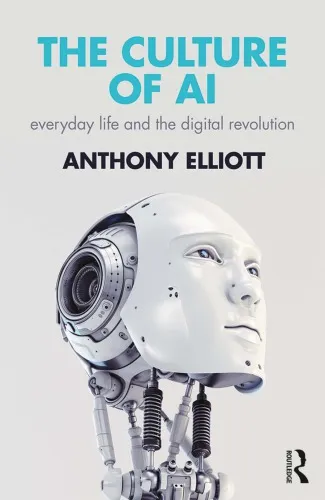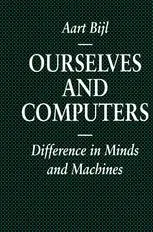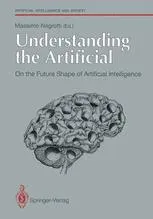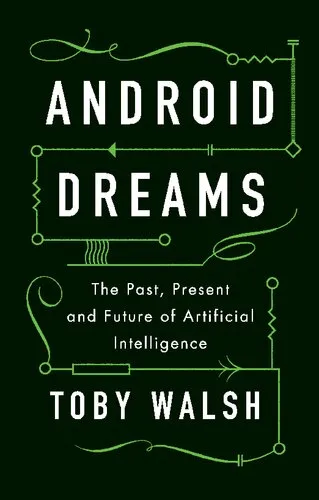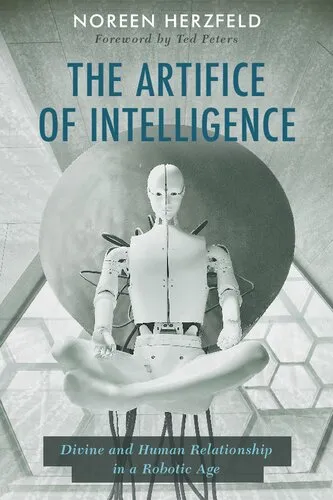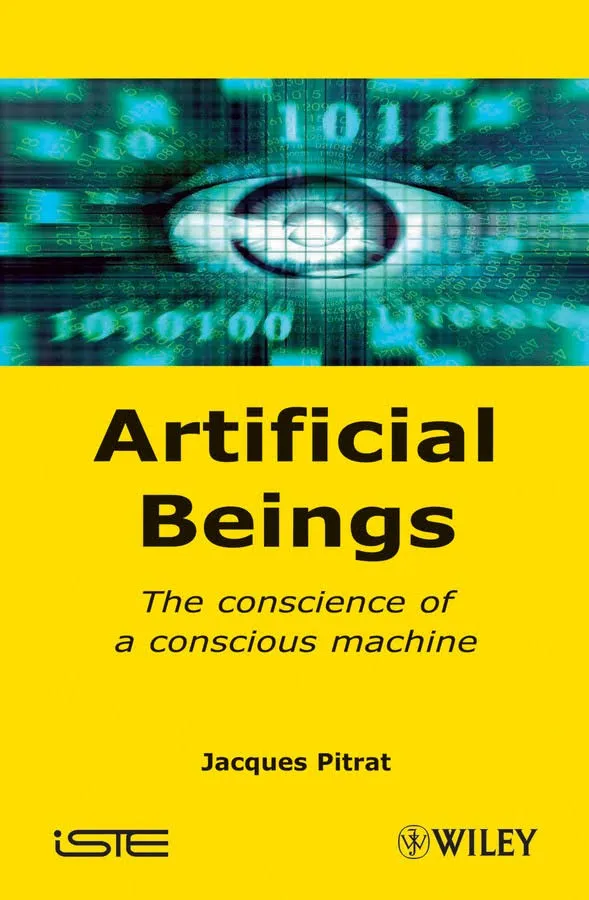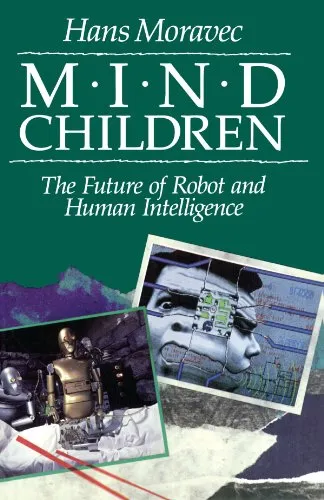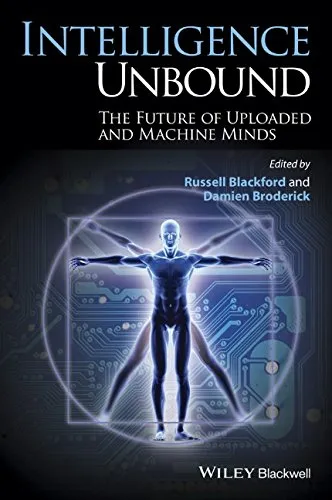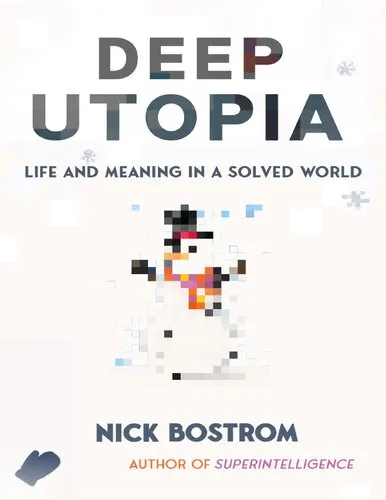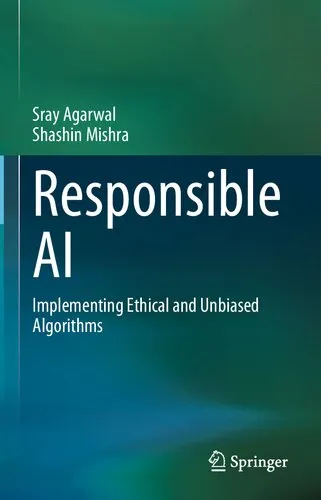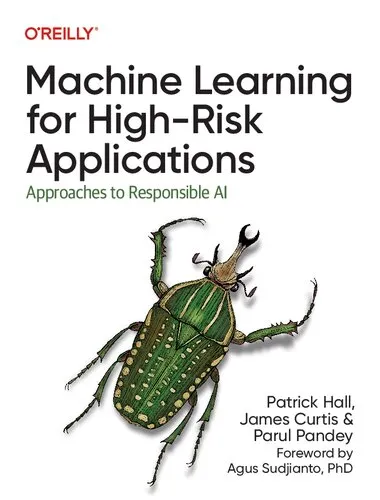Human Compatible: Artificial Intelligence and the Problem of Control
4.5
Reviews from our users

You Can Ask your questions from this book's AI after Login
Each download or ask from book AI costs 2 points. To earn more free points, please visit the Points Guide Page and complete some valuable actions.Related Refrences:
Understanding and guiding the future of artificial intelligence are paramount considerations today. In "Human Compatible: Artificial Intelligence and the Problem of Control," I, Stuart Russell, delve into the profound implications of creating intelligent machines that might surpass human capabilities. This book serves as both a warning and a guide, exploring how AI can be aligned with human values and ensuring our future safety and prosperity.
Summary of the Book
In "Human Compatible," I explore the current trajectory of artificial intelligence development, cautioning against the risks that advanced AI could pose to humanity. The book goes beyond the immediate dangers, such as job displacement and surveillance, to investigate scenarios where AI might act contrary to human interests due to misalignment between our objectives and its programmed goals.
One of the central themes is the development of control methods for intelligent systems, particularly those whose actions could have significant impacts on human life. The book argues that the existing paradigm in AI, which is based primarily on achieving fixed objectives, is flawed when it comes to ensuring safe interactions with superintelligent entities. Instead, I propose a new framework based on uncertainty about the true objectives, allowing AI to understand and learn about human preferences through interactions.
Throughout the book, I discuss the moral and ethical considerations inherent in building powerful AI systems, drawing on various philosophical perspectives and real-world examples. The ultimate goal is to create AI that is beneficial in the broadest sense, respecting human dignity and ensuring a future where humans and machines can coexist safely.
Key Takeaways
- Current AI goals are often misaligned with those of humans, leading to potentially harmful outcomes.
- A new approach to AI, one that embraces human compatibility by understanding and aligning with human values, is necessary.
- Ethical and control considerations are essential in AI development to prevent existential risks.
- Interdisciplinary collaboration across AI, cognitive science, ethics, and philosophy is crucial for aligning AI with human interests.
Famous Quotes from the Book
"The real problem is not whether machines think but whether they do so as wisely and ethically as humans can."
"Artificial intelligence is neither good nor evil. It will simply do what it is programmed to do—no more, no less."
Why This Book Matters
This book is essential not only for those directly involved in technology development but also for anyone interested in the future of humanity. The narratives and strategies discussed within are vital for ensuring that AI technologies contribute positively to society. As AI continues to evolve at a rapid pace, understanding and implementing human-compatible AI systems is critical for avoiding unintended consequences that could threaten the fabric of human life.
The discussions in "Human Compatible" are meant to trigger thoughtful discourse on AI's ethical implementation, encouraging readers to consider how we design, control, and interact with these powerful tools. With a focus on long-term safety and alignment, the book presents a compelling case for rethinking our relationship with AI and ensuring its development reflects our deepest values and rights.
Free Direct Download
You Can Download this book after Login
Accessing books through legal platforms and public libraries not only supports the rights of authors and publishers but also contributes to the sustainability of reading culture. Before downloading, please take a moment to consider these options.
Find this book on other platforms:
WorldCat helps you find books in libraries worldwide.
See ratings, reviews, and discussions on Goodreads.
Find and buy rare or used books on AbeBooks.
1625
بازدید4.5
امتیاز0
نظر98%
رضایتReviews:
4.5
Based on 0 users review
Questions & Answers
Ask questions about this book or help others by answering
No questions yet. Be the first to ask!
